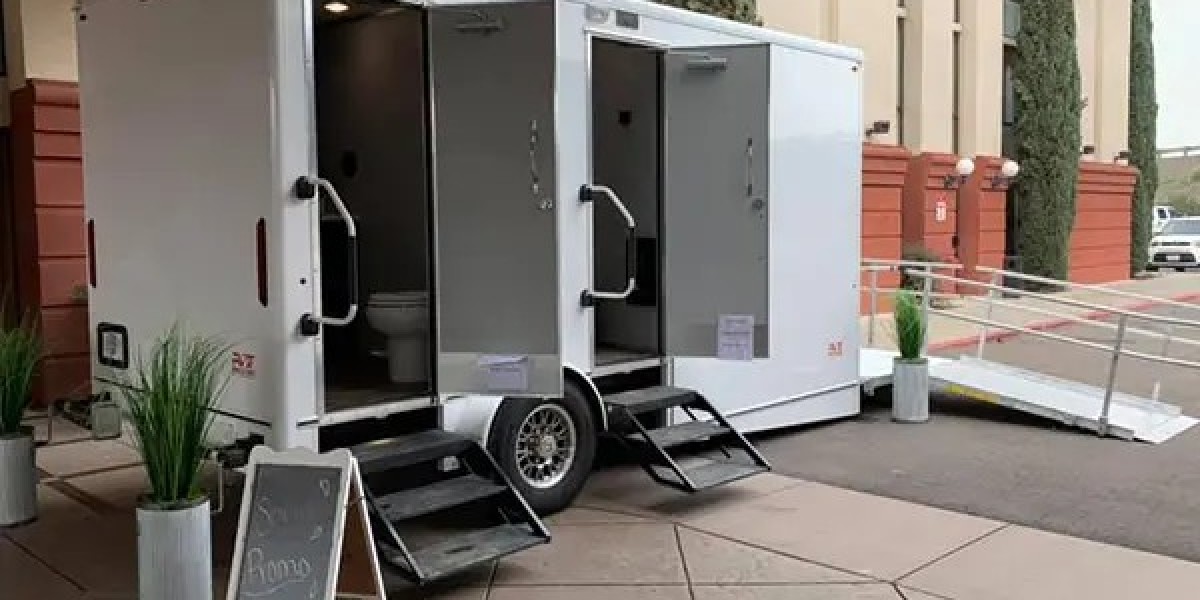The HVAC industry is one of the fastest growing fields in construction, with constant demand for heating, ventilation, and air conditioning systems in residential, commercial, and industrial projects. Among the many career paths available in this sector, the role of an HVAC estimator is both financially rewarding and intellectually challenging. Estimators play a critical role in determining project costs, preparing bids, and ensuring profitability for HVAC companies.
If you are considering a career in this field, tools like HVAC takeoff services can significantly simplify the process of creating accurate project estimates, allowing you to focus on analysis and decision-making instead of manual calculations. In this guide, we will cover everything you need to know about becoming an HVAC estimator from the skills required to the career opportunities ahead.
What Does an HVAC Estimator Do?
An HVAC estimator is responsible for analyzing project specifications, labor requirements, material costs, and other factors to create accurate cost estimates for HVAC projects. Their role bridges technical knowledge and business strategy, ensuring contractors can submit competitive bids while maintaining profitability.
Key responsibilities include:
- Reviewing blueprints and project documents
- Calculating material quantities and costs
- Assessing labor hours required for installation
- Preparing bid proposals for contractors and clients
- Coordinating with project managers, suppliers, and engineers
Skills Needed to Become an HVAC Estimator
Technical Skills
- Blueprint reading to interpret construction drawings
- Strong HVAC knowledge of systems like ductwork, chillers, furnaces, and ventilation design
- Mathematics and analytical ability to calculate material and labor costs
Soft Skills
- Attention to detail because small errors can cause big financial losses
- Communication skills to collaborate with contractors, suppliers, and clients
- Time management for handling projects with tight deadlines
Educational Requirements
High School and Beyond
Most HVAC estimators start with a high school diploma focusing on math, physics, and technical drawing. From there, vocational training or associate degrees in HVAC technology can provide a solid foundation.
Specialized Training
Many professionals take courses in construction management, cost estimating, or engineering. Certifications in HVAC design and estimating also add credibility.
Gaining Industry Experience
Entry Level Jobs
Many estimators begin their careers as HVAC technicians or installers. This hands-on experience helps them understand system components, installation challenges, and project timelines.
Apprenticeships and Internships
Working under experienced estimators or project managers provides real-world exposure to the estimating process.
Transitioning into Estimating
After building field experience, technicians can shift into estimating roles within the same company or explore opportunities at larger firms.
Tools and Software for HVAC Estimators
Estimating Software
Modern estimators rely on specialized software to generate precise calculations. Programs help measure quantities, calculate labor costs, and reduce errors.
Digital Blueprints
With construction becoming more digitized, estimators now work with digital drawings and cloud-based collaboration tools.
Integration with Takeoff Services
Professional HVAC Takeoff Services help streamline the process by converting complex blueprints into accurate material and labor lists, saving time and improving accuracy.
Career Path of an HVAC Estimator
Junior Estimator
Beginners often work as junior estimators, assisting senior staff with data entry, blueprint analysis, and preliminary calculations.
Senior Estimator
With experience, professionals can handle large-scale projects, manage client relationships, and lead bidding strategies.
Estimating Manager or Project Manager
Senior professionals may advance into managerial roles, overseeing a team of estimators or transitioning into broader project management positions.
Salary Expectations for HVAC Estimators
The earning potential varies based on location, experience, and company size. On average:
- Entry level estimators: $45,000 to $55,000 annually
- Mid level estimators: $60,000 to $75,000 annually
- Senior estimators: $80,000 to $100,000 or more annually
These figures continue to rise as demand for skilled HVAC professionals grows.
Steps to Become an HVAC Estimator
- Get a basic education with focus on math and technical subjects in high school
- Pursue HVAC training through vocational or college level programs
- Gain field experience by working as an HVAC technician
- Learn estimating techniques through courses in construction estimating and project management
- Get certified in HVAC design or estimating to boost credibility
- Master estimating software including digital takeoff tools
- Apply for entry level estimator roles and grow with experience
Challenges Faced by HVAC Estimators
Accuracy and Pressure
Even small miscalculations can cause significant financial losses, making accuracy vital.
Tight Deadlines
Estimators often have limited time to prepare detailed bids.
Market Fluctuations
Prices for materials and labor can change rapidly, requiring constant updates and adjustments.
Benefits of Becoming an HVAC Estimator
- High demand due to increasing construction projects
- Career growth opportunities leading to project management roles
- Competitive salary compared to other HVAC roles
- Skill development combining technical, analytical, and business expertise
Conclusion
Becoming an HVAC estimator is an excellent career choice for individuals who enjoy working with numbers, problem solving, and the construction industry. It requires a mix of technical knowledge, hands-on experience, and strong analytical skills. With the right training, certifications, and use of modern tools like estimating software and HVAC Takeoff, anyone can build a successful career in this field. If you are willing to invest in your education and gain industry experience, you can become a valuable asset to HVAC companies and secure a rewarding career path.
FAQs
1. Do I need a degree to become an HVAC estimator?
Not always. While degrees in construction or engineering help, many professionals start with vocational training and field experience.
2. How long does it take to become an HVAC estimator?
On average, 3 to 5 years, depending on your education, training, and work experience.
3. Is HVAC estimating a good career?
Yes, it offers job security, growth opportunities, and competitive salaries.
4. What software should HVAC estimators learn?
Common tools include Bluebeam, Trimble, and specialized HVAC estimating software.
5. Can technicians transition into HVAC estimating?
Absolutely. Many successful estimators began as technicians, using their hands-on knowledge to make accurate cost projections.






